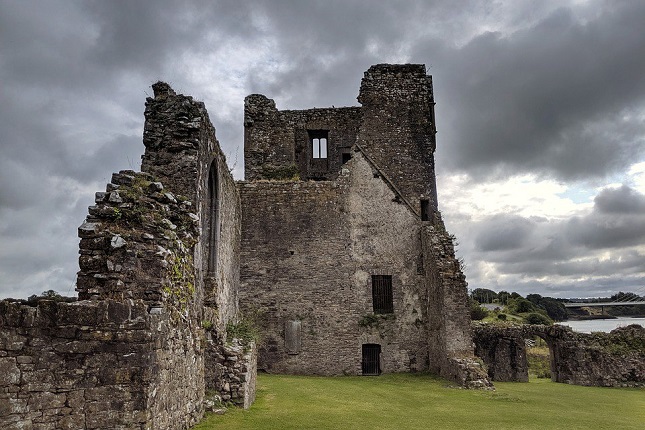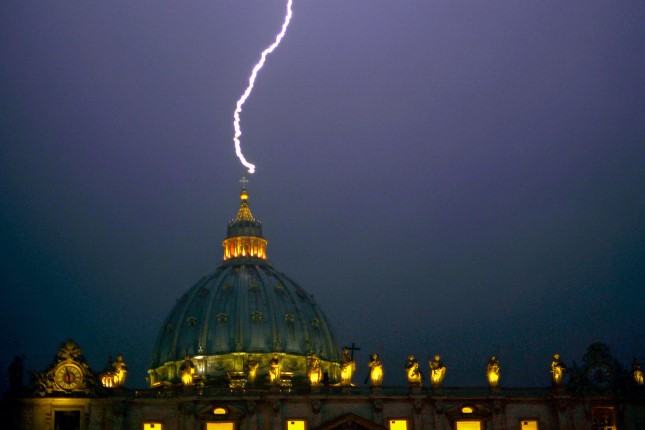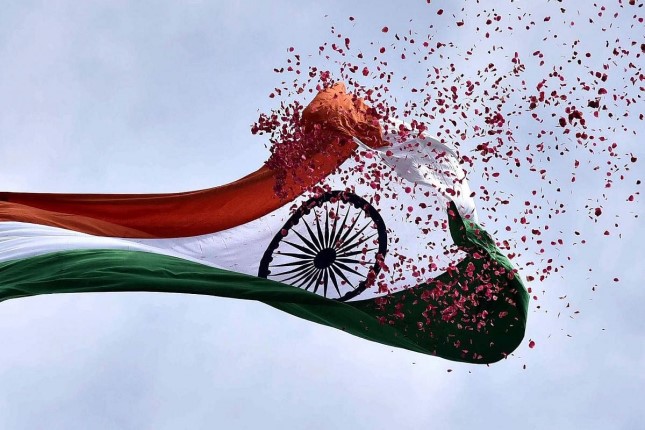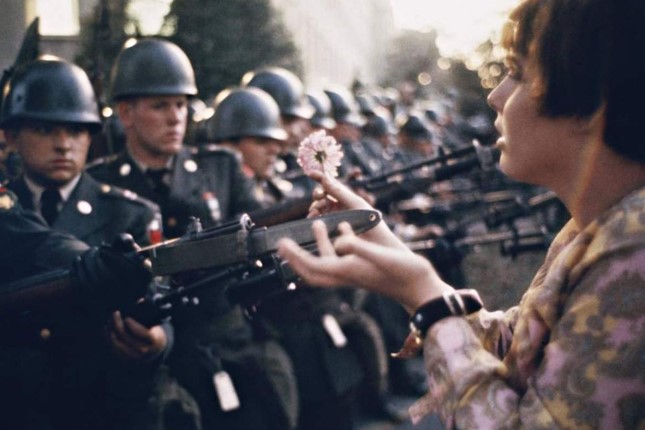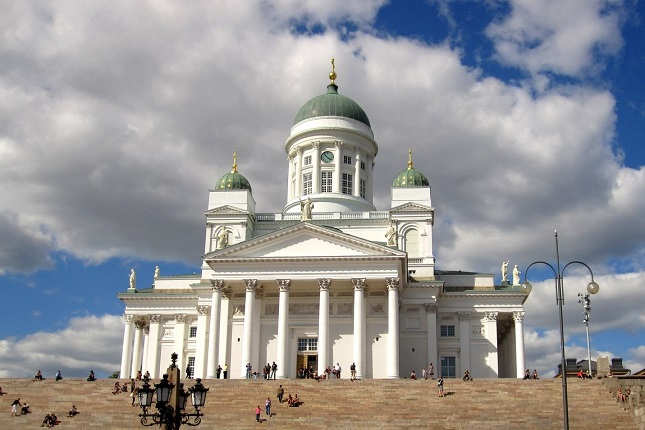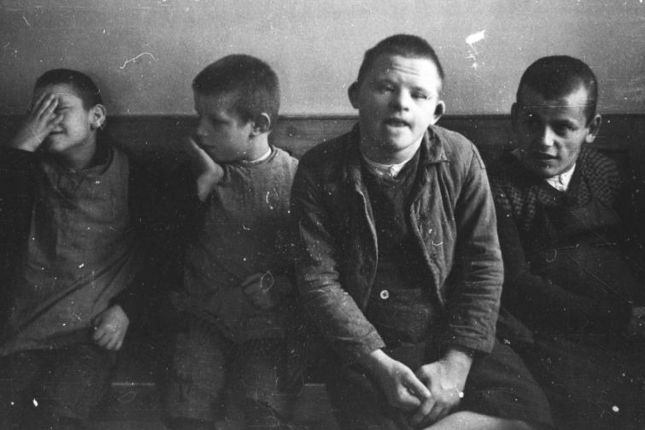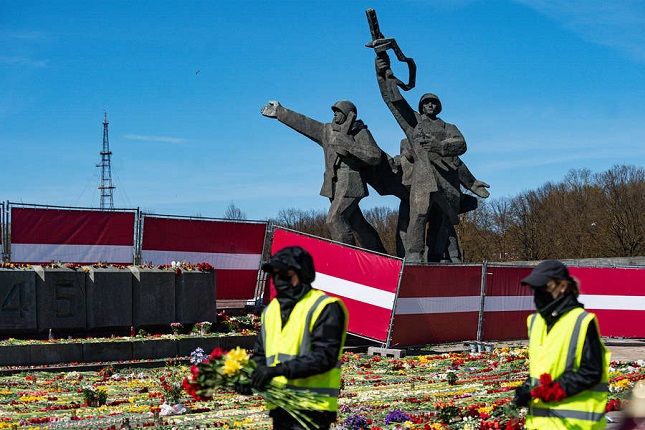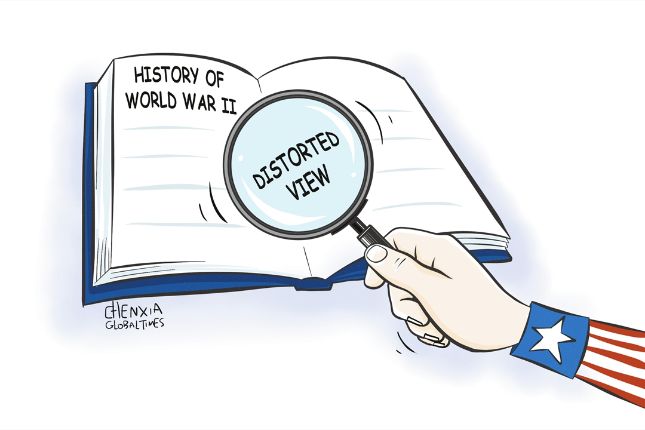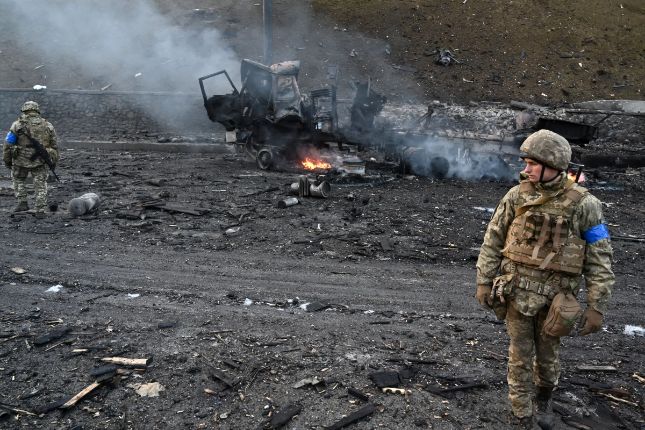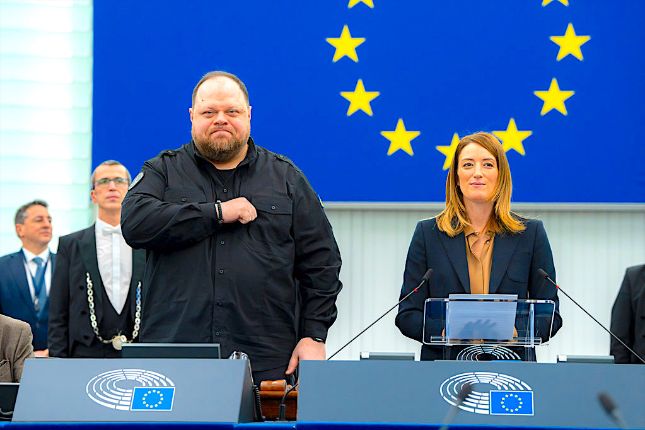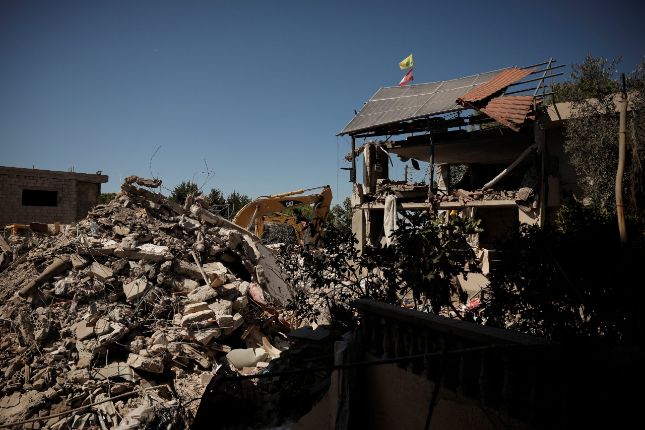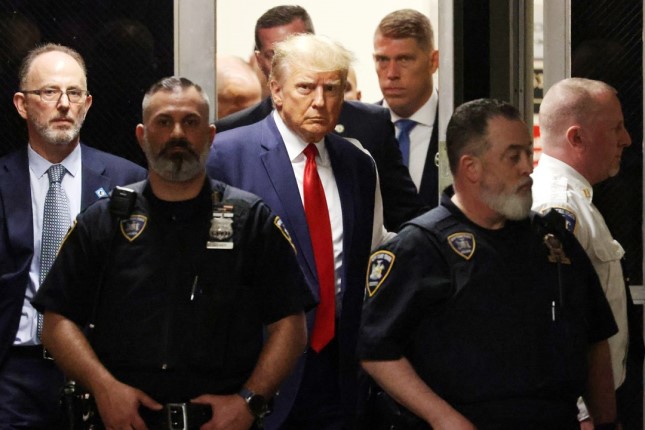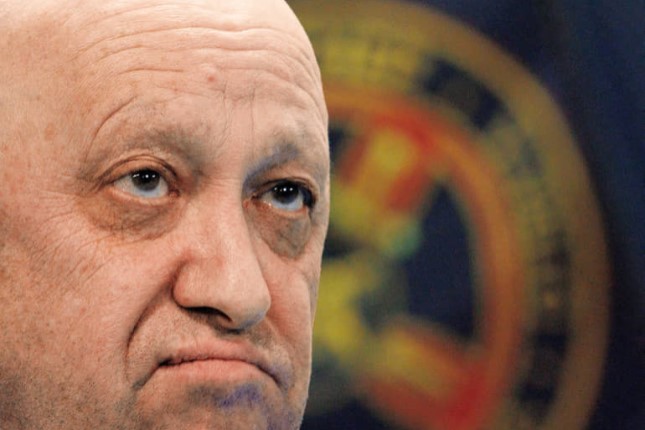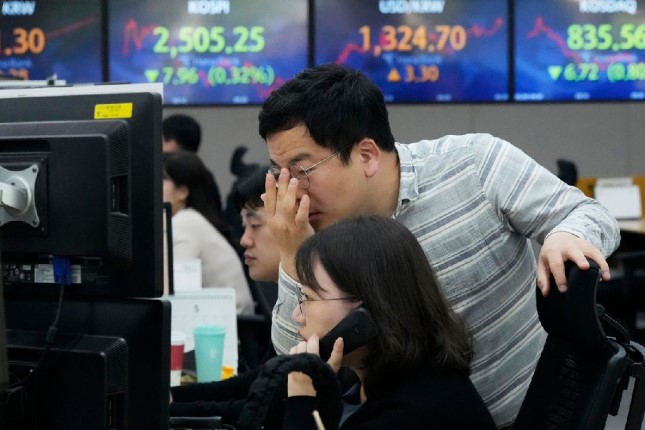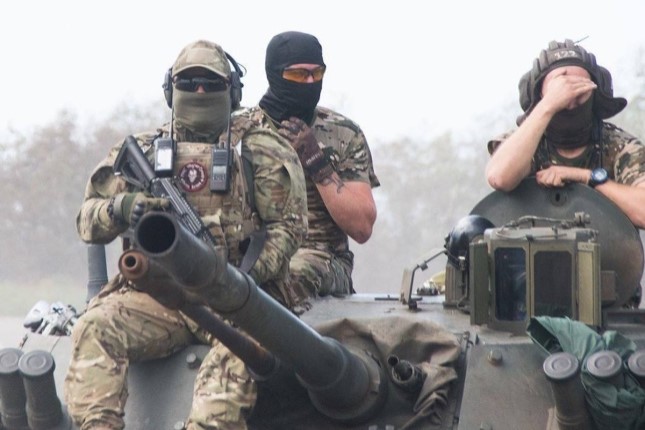On September 8, Queen Elizabeth II died at Balmoral Castle in Scotland at the age of 96. She had reigned Great Britain and led the Commonwealth of Nations since 1952. Rapid degradation of both Britain itself and its ruling elites, along with the decay of the idea of the monarchy elsewhere in the world, is something that will most certainly ensue.
The 70-year reign of Elizabeth II coincided with the troubled period of Britain's international defeats and the loss of its former power. The painful dismantling of the British Empire was completed by the early 1970s. After the collapse of the USSR in the Cold War, a new blow was struck against Britain by its American allies. In the 1990s and 2000s, they forced the British government to abandon its world-class navy and strongest armoured and air forces capable of projecting power anywhere in the world.
The third blow that eventually undermined British power was dealt by London itself. It happened when the British political and financial elites banked on strategic cooperation with China to the disadvantage of "their" India and Pakistan, which, despite recent British attempts to remedy the situation, will never forget the betrayal of their former masters and their "living white gods".
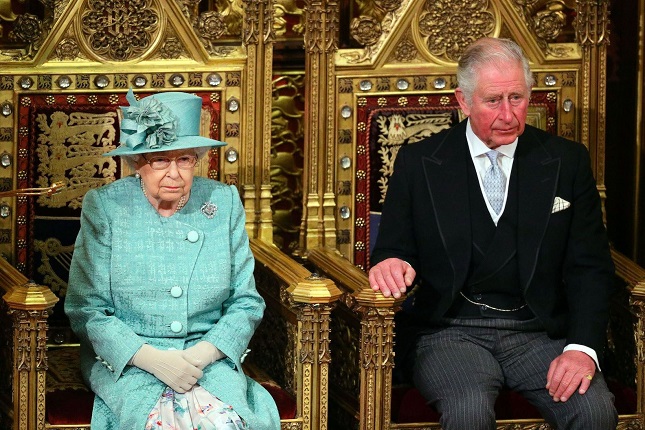
Queen Elizabeth II with her son Charles. Photo: Gettyimage.
The royal house bears considerable responsibility for Britain's failures, too. The common wisdom that the British monarch "reigns but does not rule" is not entirely true. Power in Britain is exercised through a complex process of reconciliation between the interests of Parliament and the government, the independent City of London, the monarch and the royal family. And the interests of both the City and the royal court are global.
Over the past century, the British ruling royal court has been faced with stark civilisational choices. For image reasons, the British royal family changed its name from Germanic Saxe-Coburg and Gotha to Windsor during the First World War. The great Queen Victoria, who had ruled before, was German − her father descended from a Hanoverian family, and her mother from the house of Saxe-Coburg-Saalfelds. All subsequent kings were also of German background, which is quite common in a country where the bulk of the population trace their origins back to the Germanic tribes of Angles, Saxons, Jutes, and Frisians.
The famous "home film" made by her father, the future George VI, of little Elizabeth, raising her arm in the style of a Nazi salute in 1933 at Balmoral Castle in Scotland in the company of her mother and her uncle, the future Edward VIII, is just the evidence of the dramatic situation the British ruling house was in. Being a Nazi sympathiser is said to have cost him his throne and prompted his "exile" to serve as Governor of the Bahamas. Centuries of consanguine marriages and a general moral decline also contributed to the degradation of the royal family.
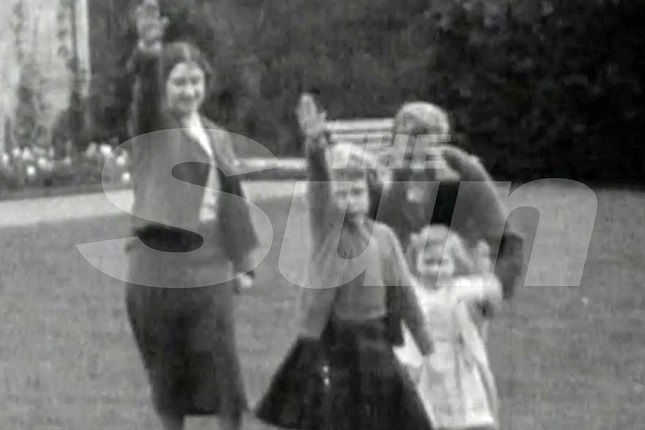
In 2015 The Sun tabloid published provocative pictures. Defenders of the royal family appealed to the fact that the film was shot long before the atrocities of the Nazis became widely known, and the future queen was just joking at the time.
Amid political and elite turmoil, Elizabeth's succession to the throne was an outright gift to England. In the entire family, she was perhaps the only one with a genuinely committed and sound character, was exceptionally intelligent, and was ready to face tough decisions.
It would be no exaggeration to say that Elizabeth was the mainstay of England in the second half of the 20th and the first quarter of the 21st century. She was a model of the height and dignity of royal power, a symbol of the monarchy for Britain and the world.
The word "modern monarchy" conjured up images of Elizabeth II rather than the monarchs of Belgium, Denmark, Luxembourg, or the Arab kings of the Persian Gulf. So no matter what, her reign will be etched on people's memory as a great and successful era.
The crisis in Britain is bound to worsen after her death. There are several factors at play here. These include the appointment of Liz Truss as Prime Minister in the midst of the world's severe political and socio-economic collapse, who looks ridiculous in her desire to resemble Margaret Thatcher, but who has neither the will nor the intelligence of an "iron lady".
Second, it's the coming to the throne of "temporary" King Charles III, 74, the oldest to assume the throne in British history, who is a member of the Glucksburg dynasty rooted in Denmark, Iceland, and Norway.
Finally, de jure eldest son Prince William, will succeed King Charles. Still, de facto in the British and, most importantly, in the American elites, there are supporters of younger Prince Harry. Both princes were the sons of the popular Princess Diana, who went against the court's interests and died (was murdered?). Both have a "scandalous" record of marrying women of non-noble origin.
All this undermines the court's authority and the sacredness of kings in the eyes of both British citizens and foreigners and reduces the power of the monarchy in the world. So by the end of the first quarter of the 21st century, the British no longer have the once strong military or cultural and civilisational grounds to play a unique role in the international arena.
